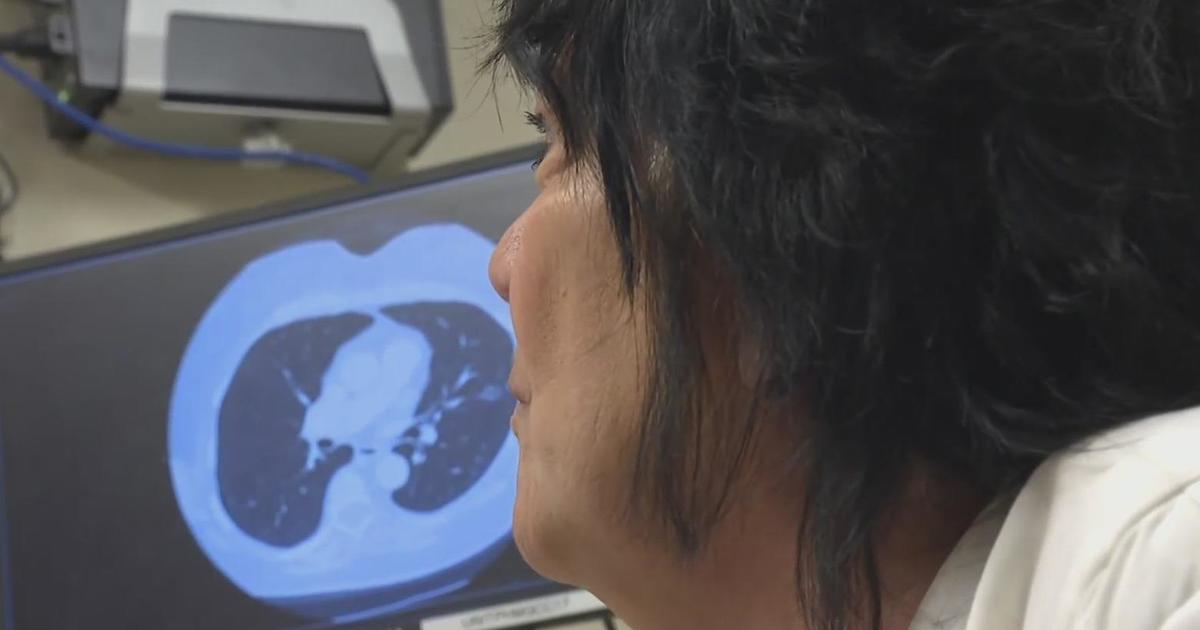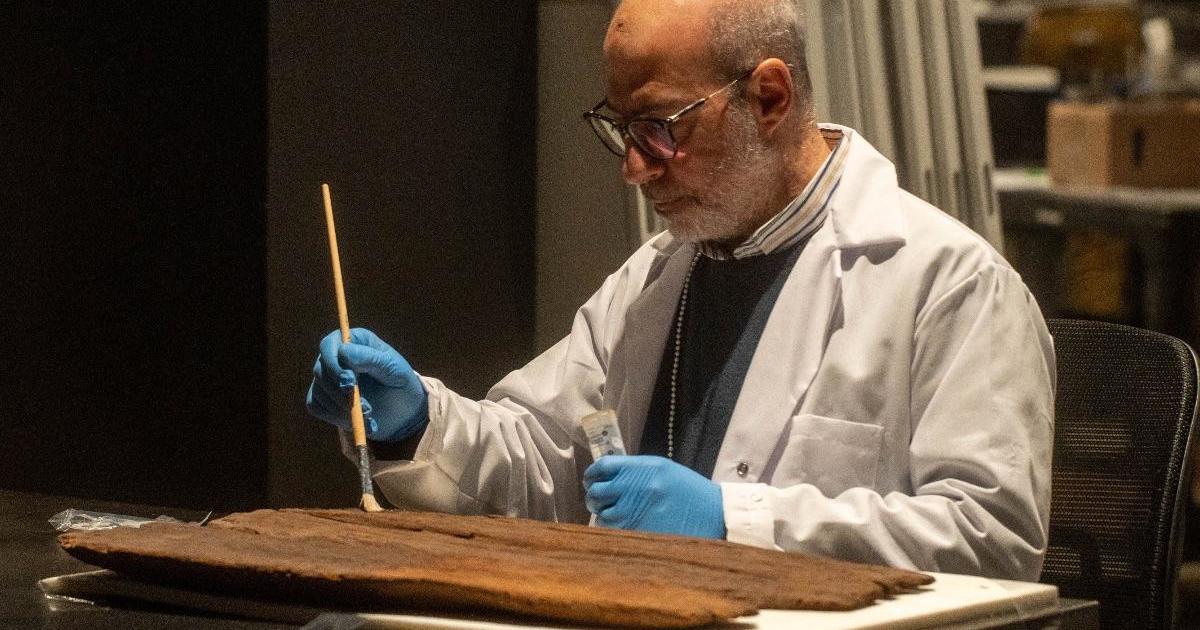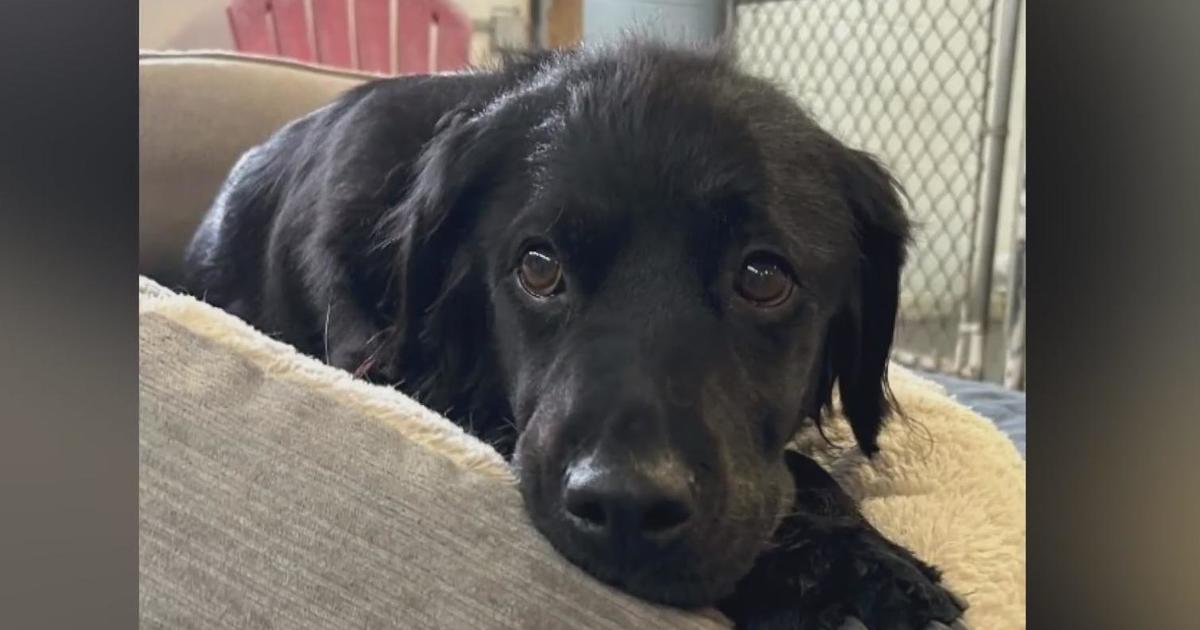New Technology Changing How Dentists Make Crowns & More
PITTSBURGH (KDKA) - Every day, Brenda Bly takes care of her 3-year-old and 3-month-old grandsons.
"I have them from seven in the morning until four o'clock," she says.
Several trips to the dentist to have crowns made and cemented won't easily fit into her busy schedule.
The customary procedure is to bite into a gooey impression, wear a temporary resin crown while the permanent one is being made, and then come back to have it placed.
Two trips, two numbings, and a two-week wait in between.
But her dentist offered her something new that is more accurate, precise and faster.
"She said it would all be done at one visit, take about three-and-a-half hours to four hours," says Brenda.
A special imaging wand scans the patient's teeth. 3D color-coded renderings of the teeth with crowns are computer generated. The dentist can make adjustments depending on habits like clenching and grinding.
"We can establish the bite, we can establish contacts with adjacent teeth, they can see the crown before it goes to the milling machine," says Dr. Meredith Fennell, a dentist at Chicora Dental Care.
After the finishing touches are applied, the specifications are sent wirelessly to a milling machine.
The milling machine carves the lithium disilicate block to a custom-fit shape based on the patient's images. This part takes roughly ten minutes.
The newly fashioned piece is checked for fit, then prepared for glazing, and baked for another 15 minutes. It comes out looking like a natural tooth.
This dental practice in Chicora has been using this method for a year-and-a-half, doing about a case a day. But, it's not available everywhere mostly because of the expensive equipment, and the cost of learning.
"The learning curve is about six months," says Dr. Fennell. "A lot of my learning curve was getting a routine."
It costs a patient about $1,000 per tooth. Tall teeth are better suited to this as opposed to short molars.
The technology is used most commonly for crowns, but can also do veneers and bridges.
"The patients really love it, because they don't like having to be numb more than one time. If they're taking off a day's work, they're leaving here with their final crown, and not having to come back," says Dr. Fennell.
Brenda would agree.
"They could make three teeth at one time, and to make them fit together," says Brenda, "That's what I'm excited about. Getting them all done at one time."
Join The Conversation On The KDKA Facebook Page
Stay Up To Date, Follow KDKA On Twitter



